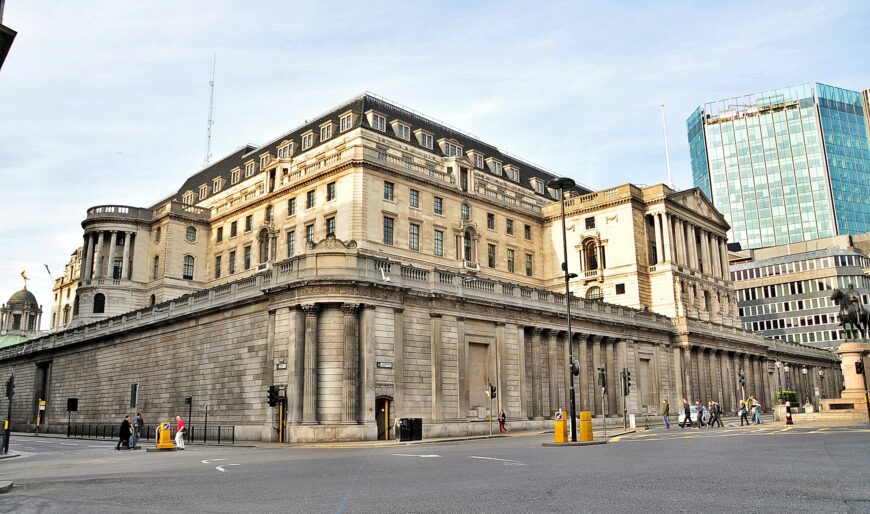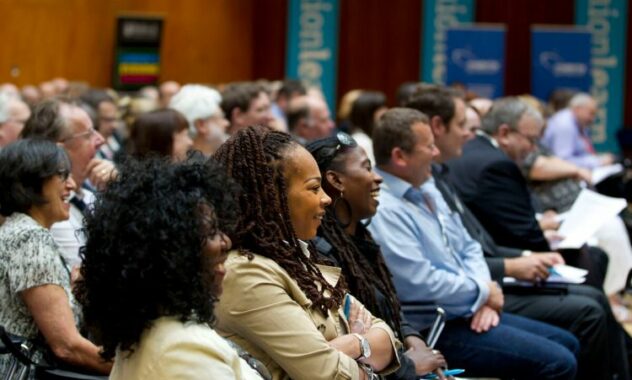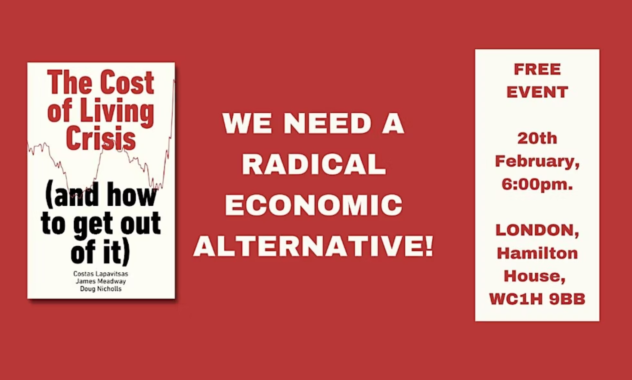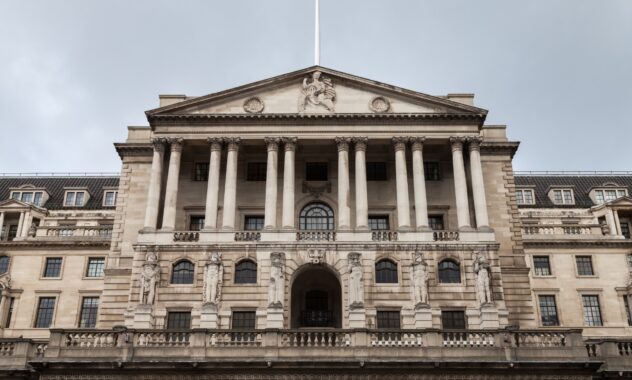The Bank of England raises interest rates to 1.75%, the biggest increase in 27 years
The United Kingdom is projected to enter a recession from the fourth quarter of this year.

Despite concerns that the economy is heading for a recession, the Bank of England (BOE) yesterday raised interest rates by 0.5 percentage points.
The BOE projected that real household post-tax income will fall sharply in 2022 and 2023, while consumption growth will turn negative. They also predicted that unemployment would spike to 4.4% in 2023 Q3, 5.5% IN 2024 Q3 and then 6.3% in 2025 Q3.
The Bank’s monetary policy committee (MPC) has been increasing the cost of borrowing since December in response to increasing rates of inflation, made worse by “Russia’s restriction of gas supplies to Europe”, which has sent the cost of gas rising to record highs.
The Monetary Policy Committee voted by a majority of 8-1 to increase #BankRate to 1.75%. Find out more in our #MonetaryPolicyReport: https://t.co/389XbdQZWf pic.twitter.com/OcqtaWjFuX
— Bank of England (@bankofengland) August 4, 2022
At a press conference after the news of the highest increase of interest in 27 years, the Bank of England Governor Andrew Bailey said:
“If we don’t act, inflation will become more embedded, it will get worse and we will have to raise interest rates by more — we have to act if we’re going to stop that.”
Deputy Governor Ben Broadbent told reporters that the energy shock hitting UK citizens’ incomes is about five times as bad as the worst episode of the 1970s.
“Over the worst two-year period of the ’70s, which I think was between the first quarters of 1974-76, the share of income going on household utility bills rose by, I think, 0.7 percentage point — so it’s absorbed that much of real-income growth over that period. Between the first quarters of 2021 and 2023, we think that number will be pretty much 3.5 percentage points. It’s around five times as big. So that is the scale of just the energy-price shock, and on top of that you have what happened as a result of the pandemic last year, and other effects of the war, for example on wholesale traded food prices.” he said.
Speaking on Good Morning Britain (GMB), Grace Blakely, an economics and political commentator who writes for Tribune and contributes to Novara Media, argued that rising interest rates wouldn’t solve the cost of living crisis, only worsen it.
Blakely said the drivers of inflation are due to the rise of corporate power, lack of government action in capping energy prices, and a long term dimunition of union bargaining power.
Raising interest rates won’t solve the cost of living crisis. It will make it worse. pic.twitter.com/3OQxHRg3te
— Grace Blakeley (@graceblakeley) August 4, 2022
Reacting to the announcement (Thursday 4 August) that interest rates will rise by 0.5 per cent, Unite General Secretary Sharon Graham said:
“This interest rate rise spells more misery for millions. Yet again ordinary families are being forced to pay more and more for a crisis not of their making. It’s crystal clear that it isn’t wage increases which are causing the inflation crisis but unfettered profiteering. So when is something going to be done about that?
Wages now not only have to keep pace with inflation but also with interest rates hikes. I make no apology for demanding that the companies that can clearly afford to pay decent wages should do just that.”
TUC head of economics Kate Bell said:
“Working people need an approach to inflation that protects jobs and that helps pay keep up with prices.
But a rate rise does nothing about the current causes of inflation – global energy, commodity and food prices. It will only add to our problems, making a recession very likely and putting lots of people’s jobs at risk.
Businesses had tremendous support from taxpayers during the pandemic. They should now help to counter inflation with greater profit restraint – especially energy firms.
And the government must do more to get pay rising, starting with decent pay rises for public servants, a higher minimum wage, and stronger rights for working people and their unions to bargain for fair pay.”







